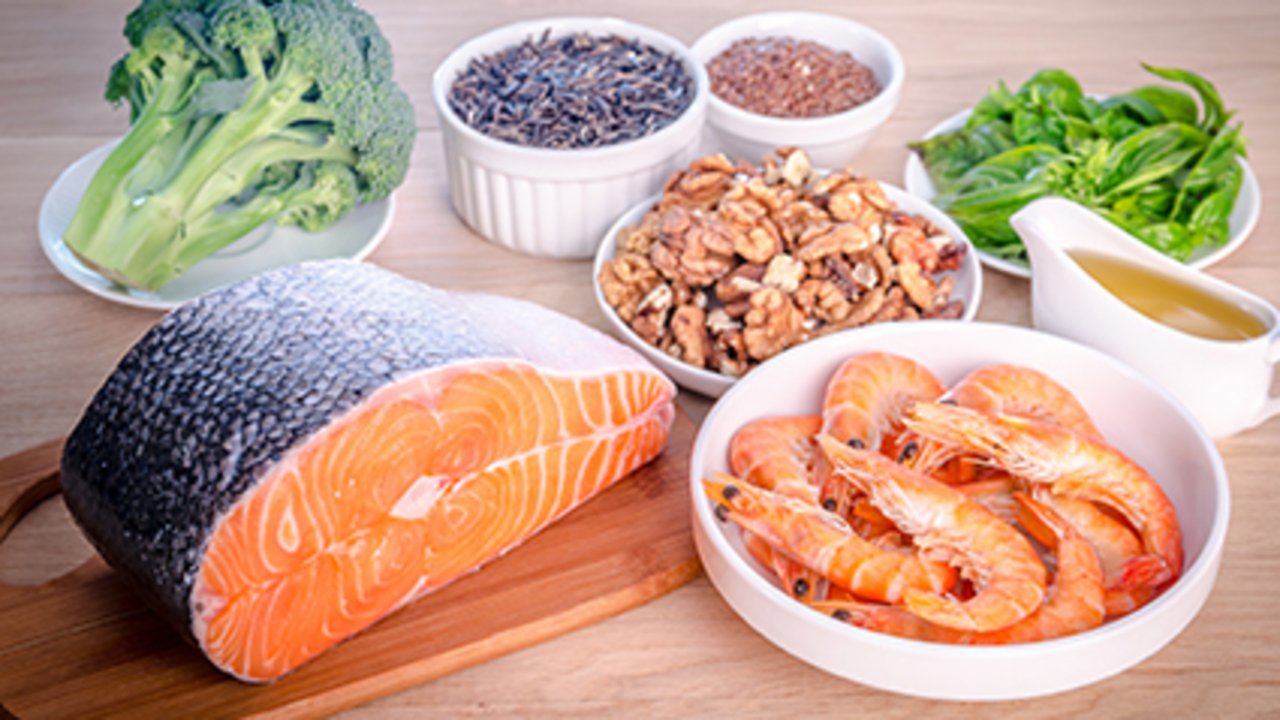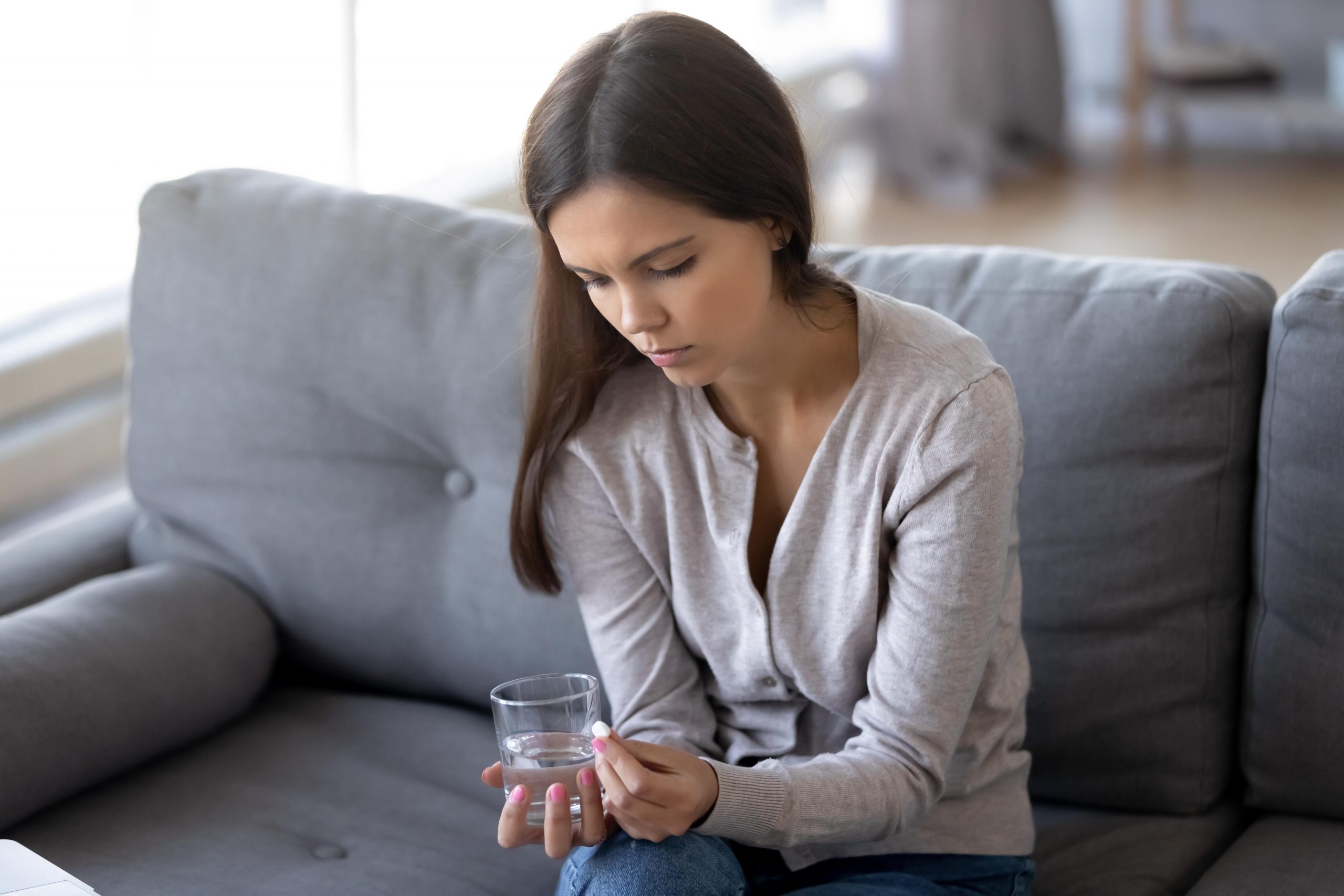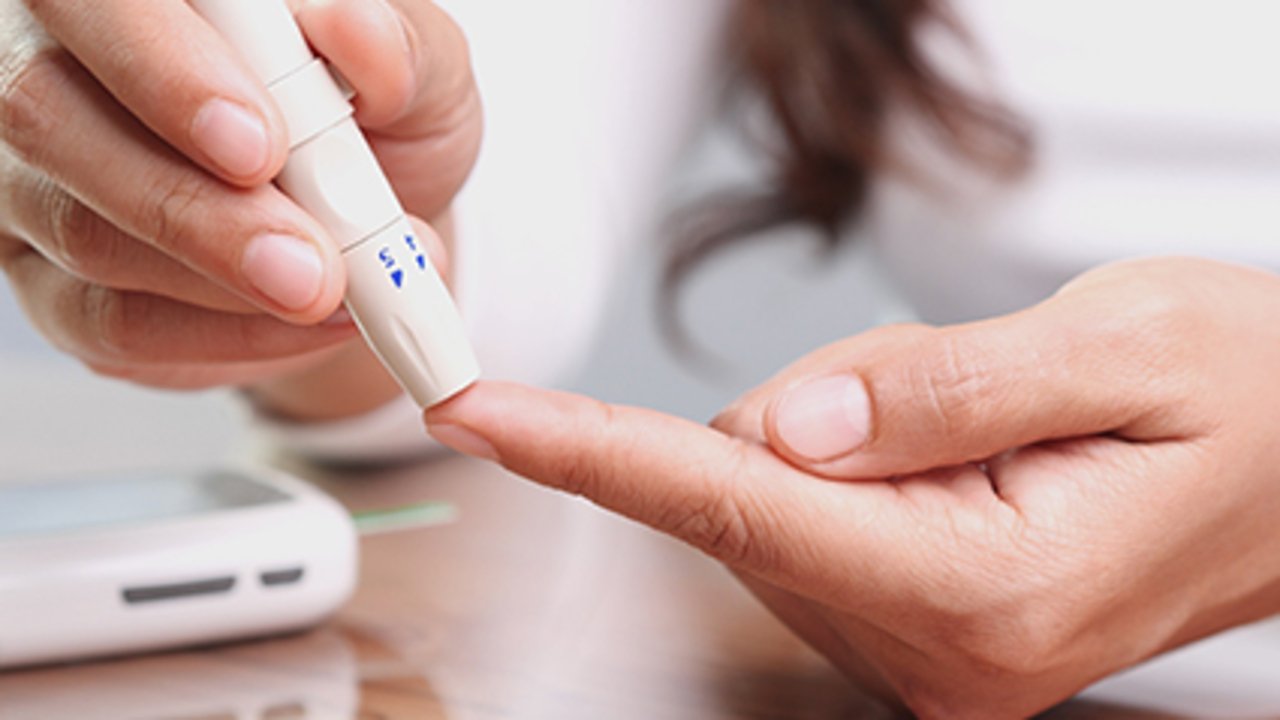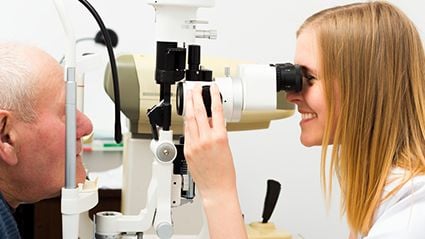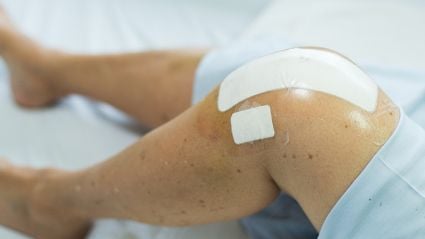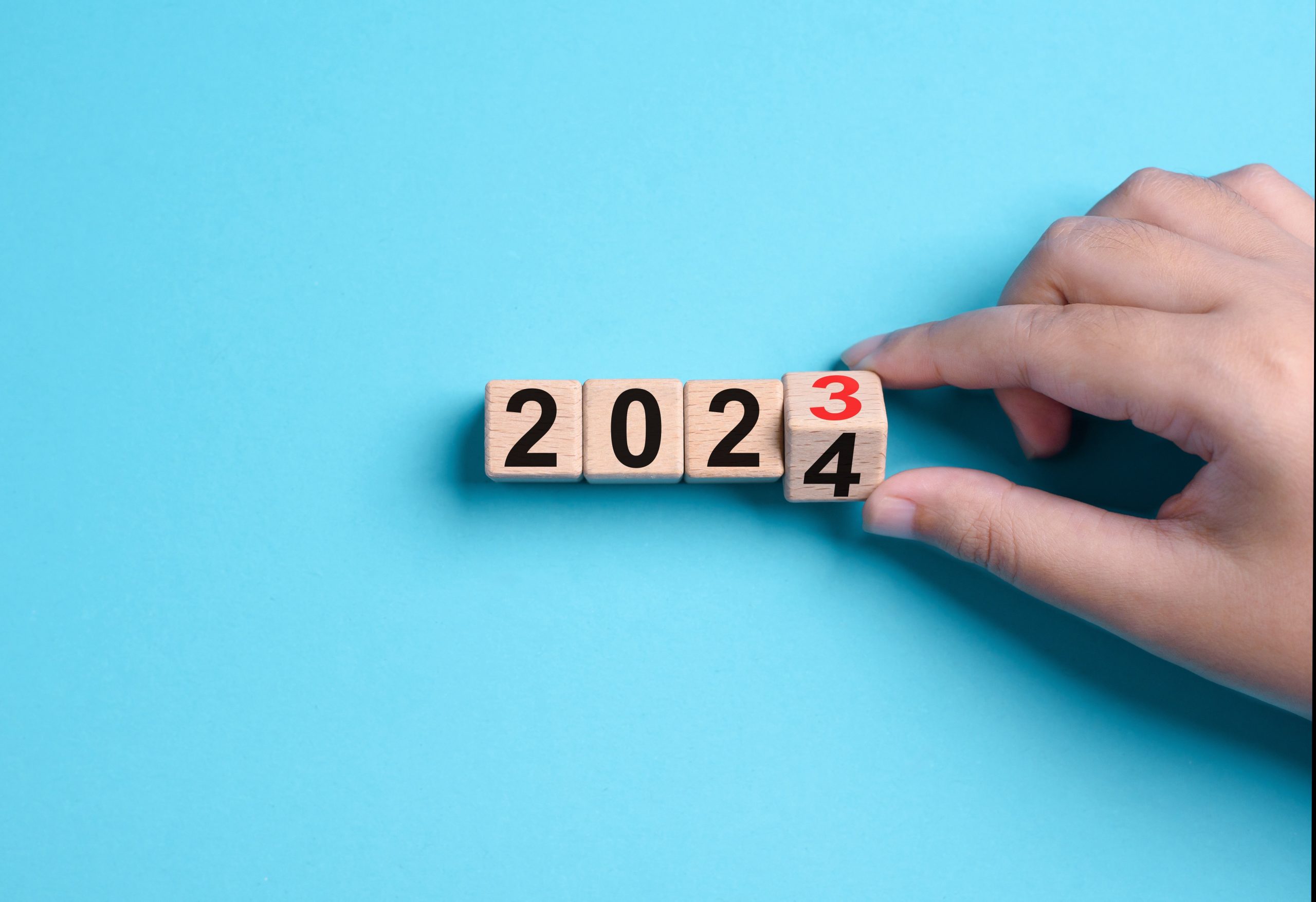
There are so many New Year’s resolutions from which to choose, but an important one could be to schedule a memory screening, experts say. Memory screenings consist of a series of questions that gauge memory and brain function, according to the Alzheimer’s Foundation of America (AFA). These regular screenings are an important way to detect… read on > read on >










